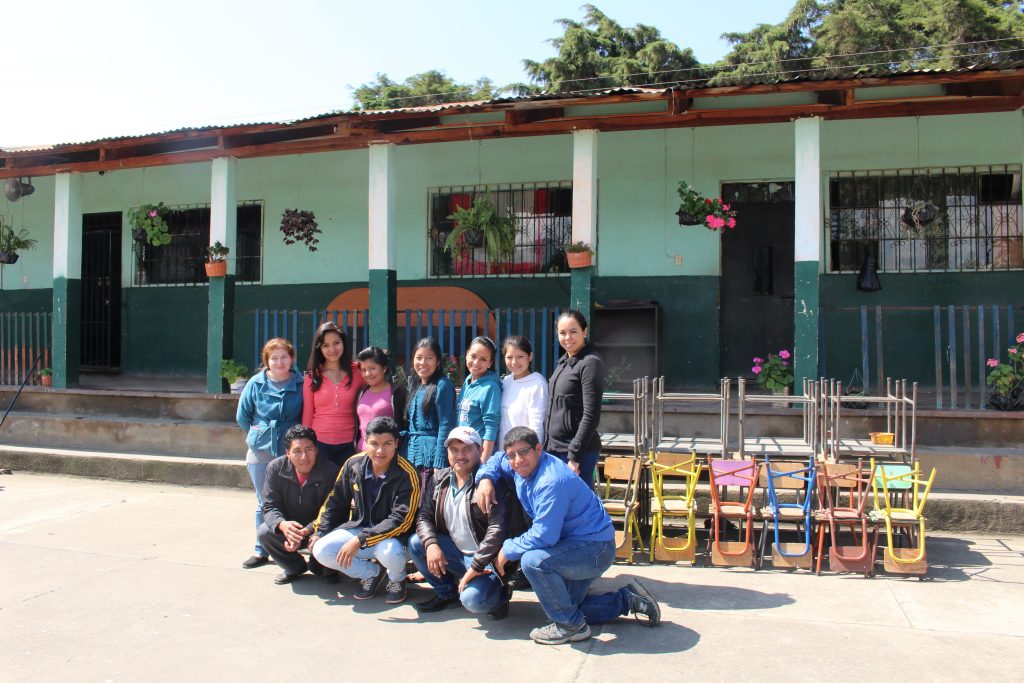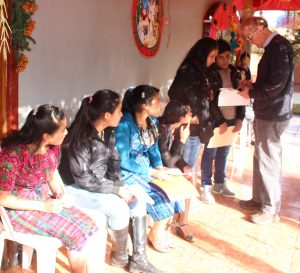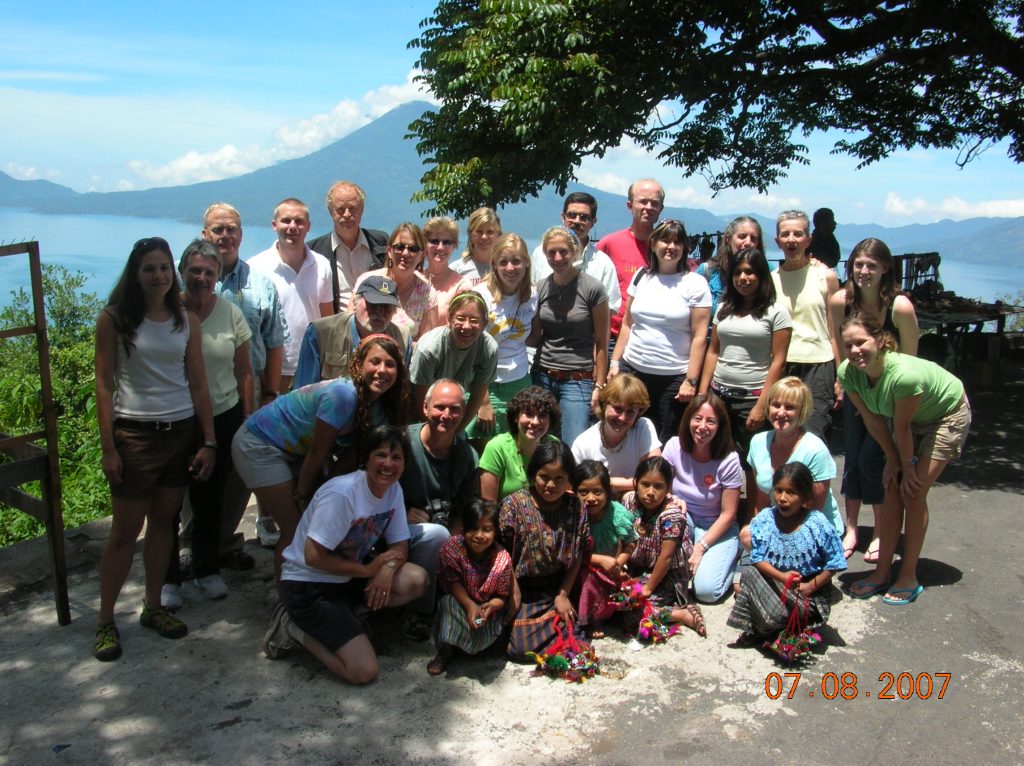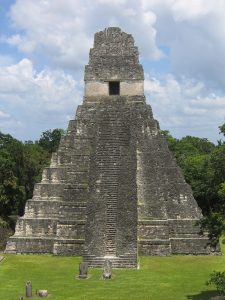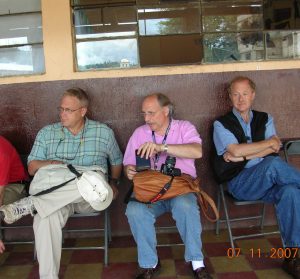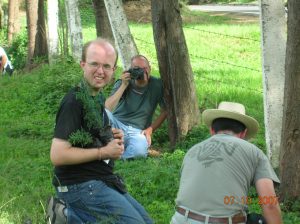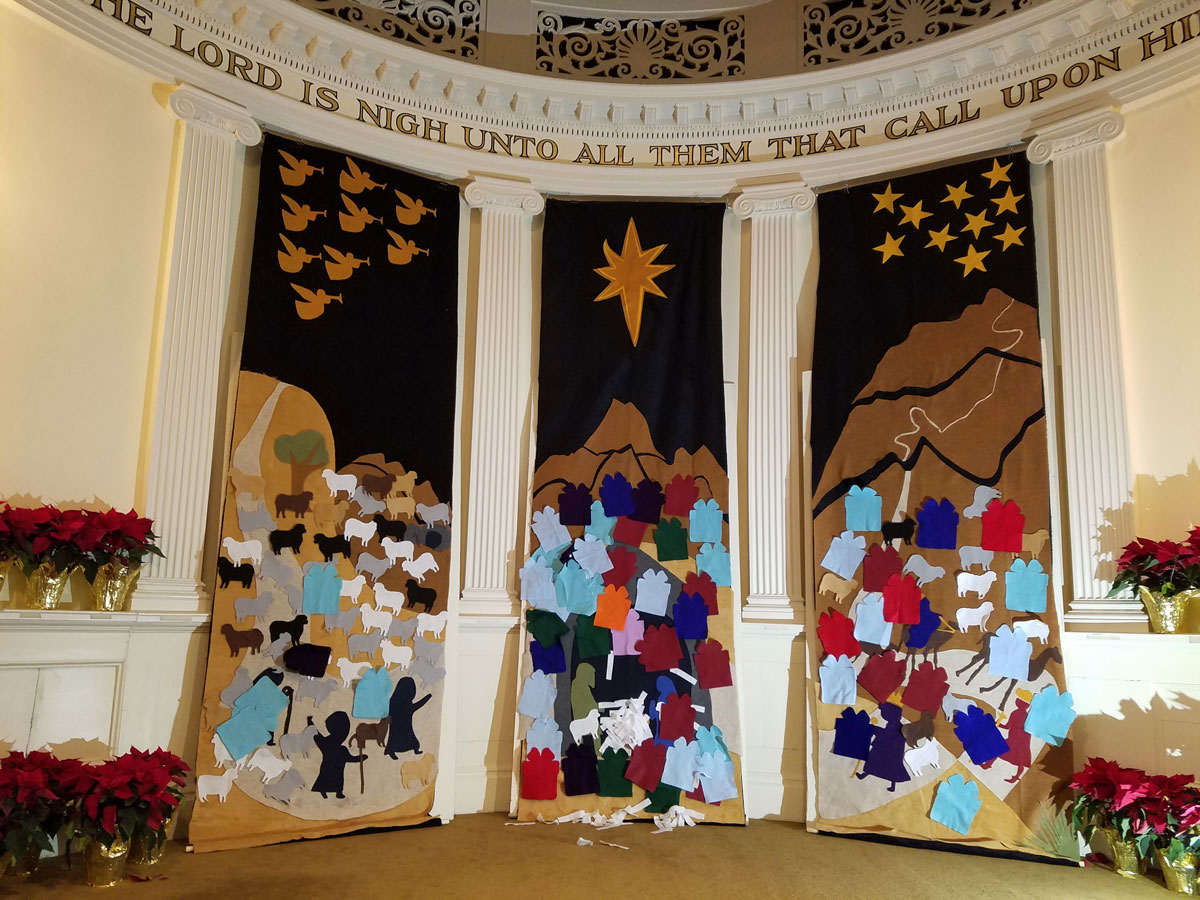Isaiah 40:1-11
David A. Davis
December 10, 2017
Advent II
There is not as much “comfort” in the Bible as one might think. Comfort, as in the word “comfort.” Comfort, as in “Comfort, O comfort my people.” You would sort of think that the word would pretty much be strewn all over the pages of scripture. The word “comfort” in Hebrew and Greek ought to roll off the pages, the scrolls, in abundance. But not really.
You and I, we could all list some familiar citations, the most familiar examples. “For thou are with me, thy rod and thy staff, they comfort me” (Ps. 23). Jesus in the Sermon on the Mount in Matthew, the Beatitudes. “Blessed are those who mourn, for they shall me comforted” (Mt. 5). A few of the other psalms go for some “comfort.” “You, O Lord, have helped and comforted me” (Ps 86). “You will increase my honor and comfort me once again” (Ps 71). Psalm 119 is long enough that there are several occurrences of the word there.
Some may remember that the three friends of Job famously met together and set out to “console and comfort” (Job 2). Job when his life started to fall apart. The prophet Jeremiah beautifully tells of God’s promise of turning mourning into joy, gladness into sorrow, “I will comfort them” (Jer. 31), says the Lord.
But other than that one Beatitude, there is very little other “comfort” in the four gospels. The Apostle Paul tosses in some “comfort” in his thanksgiving offered in the Second Letter to the Thessalonians. But a careful reading and keeping of the semantic metrics would indicate there is a surprising lack of “comfort” in the Bible.
A professor of the Hebrew Bible once described the first 39 chapters of Isaiah as one long prophet finger wag at the people of Israel. In fact the term used was that of “prophetic assault,” that the prophet lays into the people for their continuous, ever mounting, and quite appalling sin, especially as it related to their lack of care for the poor, the hungry, the orphans, and the widows. To read the first 39 chapters of Isaiah is to, as the professor put it, “take a bath in religious condemnation” intended to reflect how furious God was with God’s people.
Thirty-nine chapters far from “comfort.” That helps me to understand how when the old Wednesday morning men’s Bible study decided to join the congregation in reading the Bible through the year, when we got to Isaiah, folks started dropping like flies. Isaiah 1-39 together with the fact that I was diagnosed with “mono” about the same time pretty much brought an end to that Bible study!
All of the above on “comfort” is to say that “Comfort, O comfort my people, says your God!” is a really, really big deal. “Comfort, O comfort my people, says your God. Speak tenderly to Jerusalem.” To a people now in exile, now held captive in Babylon, now trying to sing the Lord’s song in a foreign land, to a people whose sins are exponential, who have known little else but destruction and judgment and chaos and ruin, enough, now. Enough!Speak tenderly, “comfort, comfort, comfort, comfort.”
Thirty-nine chapters of judgment and the voice changes, the page turns, a new song is heard. Not because of a people’s miraculous transformation, not because of some seismic behavioral shift, not because of a religious great awakening. It all changes because of the unilateral, prevenient, intrusive, shocking grace of God. The term has been served. The penalty has been paid. Enough is enough. “Comfort, O comfort my people says your God.” The radical, game changing, life changing, salvation history-changing comfort of God.
Pat Lyons was our former director of communications here at the church. He died very suddenly several weeks ago. His memorial service was held at Trinity Church where he was a member. Pat was an Episcopalian. He had this self-deprecating Episcopalian humor. “We’re not always sure what we believe, but darn it we dress well,” he would say. And he would tell me that Episcopalians don’t believe salvation by good works, they believe in salvation by good taste.
Don’t get too carried away, you frozen chosen, you “decently and in order” rowdies, you Protestant Work Ethic devotees, you Presbyterians who major in being the Type A personalities of the Protestant world. Type A Protestants who really do think we better still earn it, or work to deserve it, or do something, anything to help it… to earn, to work, to deserve, to help along our salvation.
I mean we Presbyterians give it a good go when it comes to singing and proclaiming that we are “saved by grace through faith alone” but that deeply rooted spiritual myth of pulling up bootstraps never really goes away. And we’re kidding ourselves in when we pretend there isn’t always that underlying threat to our experience of — that heretical detraction from, our ingrained tendency to deny — the radical unexpected comfort of God.
When you underestimate the bold intrusion of “comfort” in the opening verse of Isaiah 40, then it’s way to easy to read the rest of the promise as a conditional clause, an “if-then statement.” “In the wilderness prepare the way of the Lord, make straight in the desert a highway for our God. Every valley shall be lifted up, and every mountain and hill be made low, the uneven ground shall become level, and the rough places a plain… Then… the glory of the Lord shall be revealed.” Prepare the way. Make straight a path. Prepare and make, in every valley and every mountain, all the uneven places and rough places. Prepare. Make. Excavate a way and then “the glory of the Lord shall be revealed and all people shall see it together, for the mouth of the Lord has spoken.” It is the “if you build it, he will come” reading of the prophet’s song. If you prepare the Way, then the glory of the Lord shall be revealed.
There is old saw of a story in my family and I could never tell if it was true or not. It was often said that in my parents’ younger years when they would entertain, have a dinner party or a New Year’s Eve party or a bowl game party, my mother’s preparation took a unique form. She would go through the house and replace all the light bulbs with lower wattage, dimmer ones. Rather than clean beforehand, she would wait and clean afterward. The party was going to happen whether the house was clean or not. Dim the lights, clean once. A bit of party wisdom, probably party folklore as well. Party preparation in a different light.
Preparing the Way is not in order for the glory to be revealed. Preparing the Way is in response to that that radical, game changing, life changing, salvation history-changing comfort of God. John the Baptist with his “Brood of Vipers” sermon in Luke made it quite clear that the glory of the Lord is coming whether you are prepared or not, the Way of the Lord shall be made whether you make it or not, this glory train is coming whether you’re working the track or not, whether you deserve it, earn it, work it, help it, or not. Isaiah blurts it out like never before. The glory is revealed in God’s comfort. “Comfort, O comfort my people, says your God.”
And the Way? The pathway, it’s going into every valley, and every mountain and hill, and all the uneven ground, and the rough places too. The Way of the Lord shall be everywhere. The kingdom shall know no end. It shall be on earth, on all the earth, as it is in heaven. The glory of the Lord will touch the roughest places and the most uneven ground and the highest mountain and deepest and darkest of valleys, even in the valley of the shadow of death, God’s glory, God’s comfort. Yes, it shall meet you there too.
The glory of the Lord revealed in every valley. The vast expanse of the Way, every valley, every mountain, and every rough place, is not a reflection of the thoroughness of our preparation. It is an affirmation of the “completeness” of salvation. It sounds like a no-brainer, almost a silly thing to have to say, but it is no small theological and spiritual affirmation: “Salvation is bigger than us” and no one understood that better than the Hebrew prophets and John the Baptist.
Yesterday at the memorial service for Margaret Migliore, as we witnessed to our resurrection hope in Christ the Lord, I shared with the gathered congregation that Margaret never asked for prayer for herself. She never complained either. But in the midst of a pastoral visit from me or other members of the staff, when asked what she would like us to pray for, it was always prayers for others and prayers for our nation and prayers for the world.
In fact over the summer as Margaret was struggling for health and facing setback after setback, she was always more worried about what was going in the world, and in our country, and in our community, and in the lives of those she loved, those in need, including the poor, the hungry, the orphans, and the widows. Margaret’s prayer was for the rough places. Her prayer was for the salvation of the world. Her prayer was for God’s comfort for the world. That the glory of the Lord shall be revealed. Her confidence was in God’s love for her and God’s love for the world.
The radical, game changing, life changing, salvation history-changing comfort of God. And the completeness of salvation. That’s not a bad Advent pairing. Not a bad Advent affirmation. The comfort of God in every valley, and every mountain, all the uneven ground, and rough places too. Comfort. Comfort. Comfort.
Here’s the Advent prayer: that the glory of the Lord would be revealed in every valley. And the Advent promise? That the glory of the Lord shall be revealed in every valley.
“Comfort, O comfort, my people, says your God.”
© 2017 Nassau Presbyterian Church
Contact the church to obtain reprint permission.


